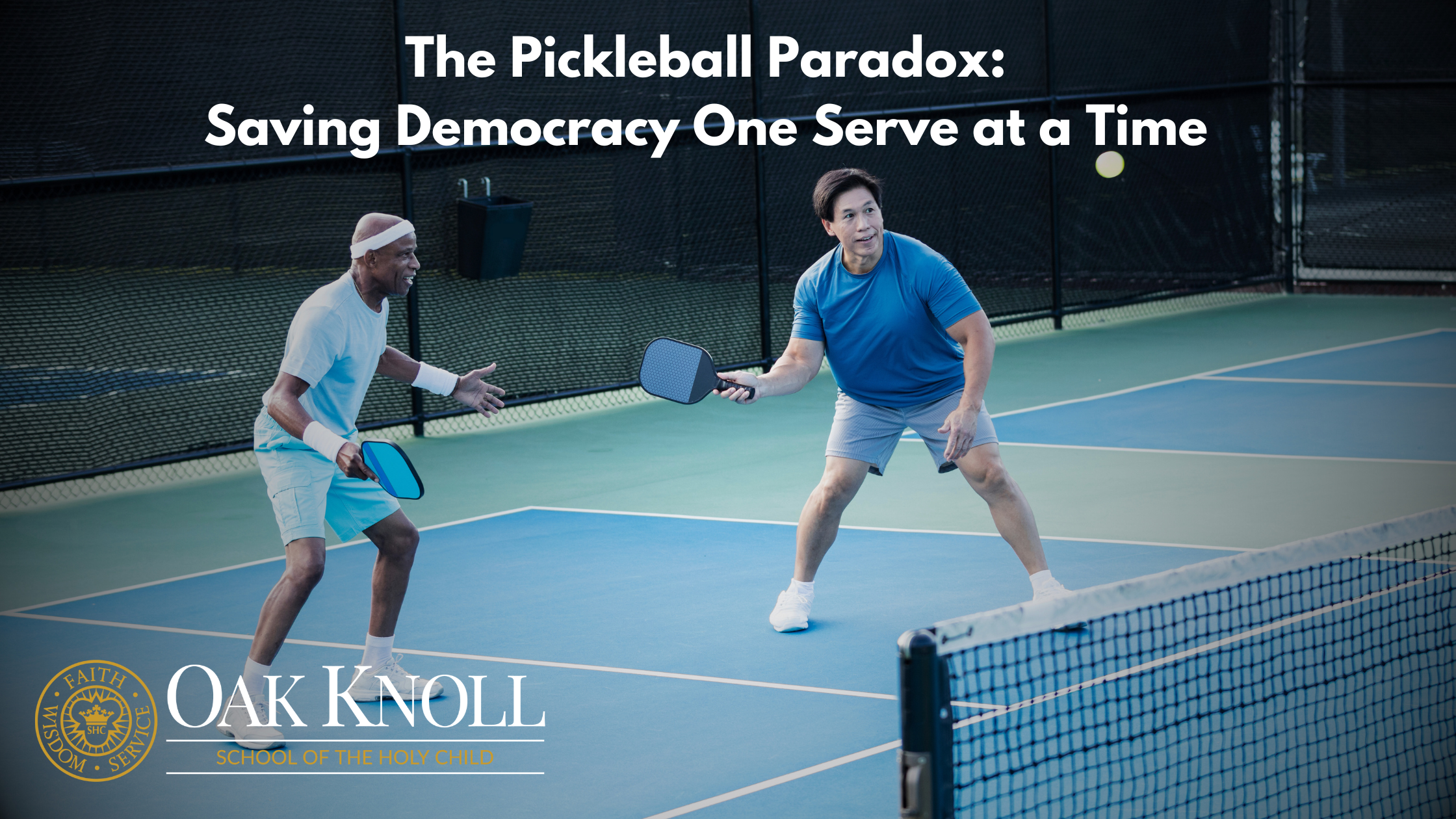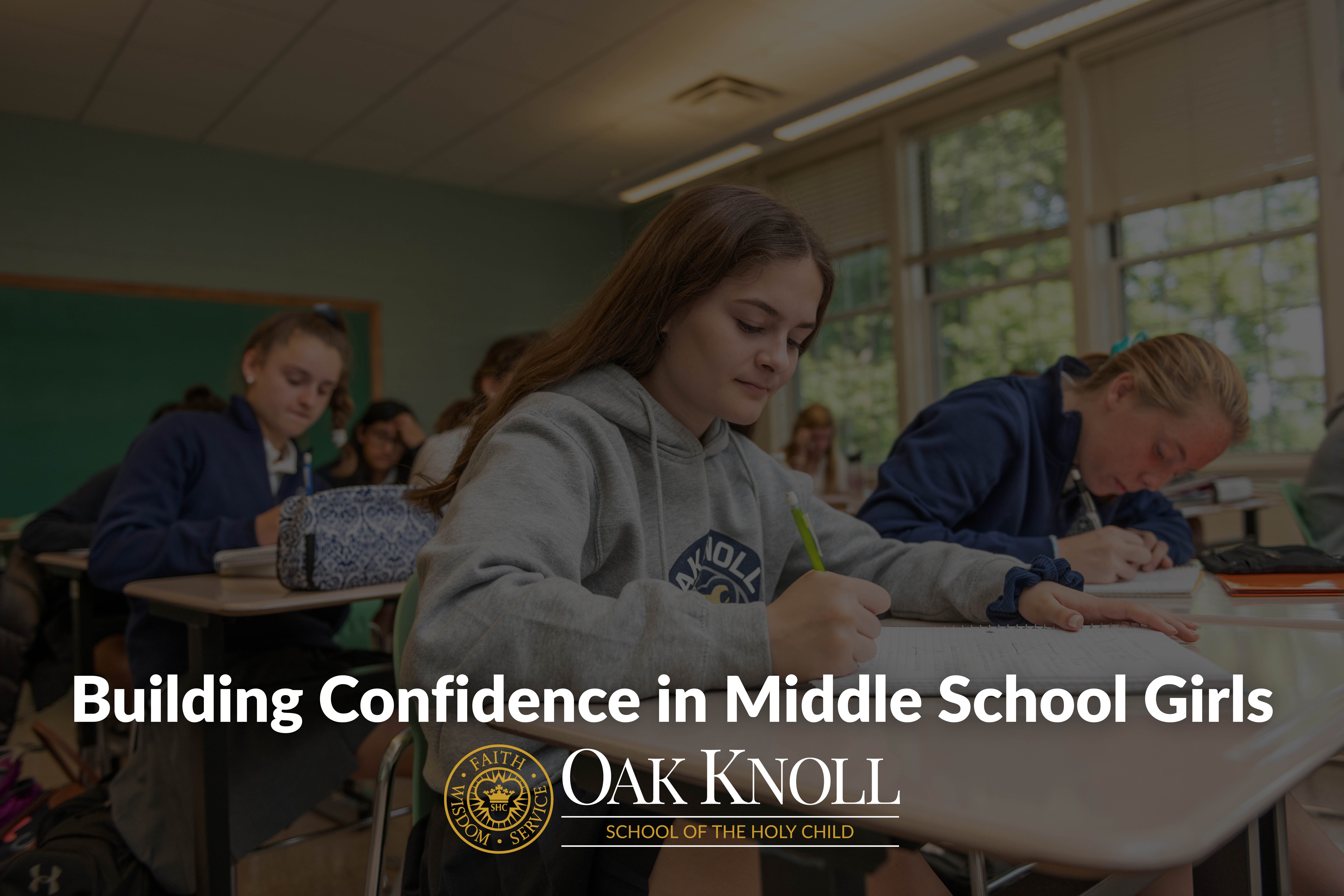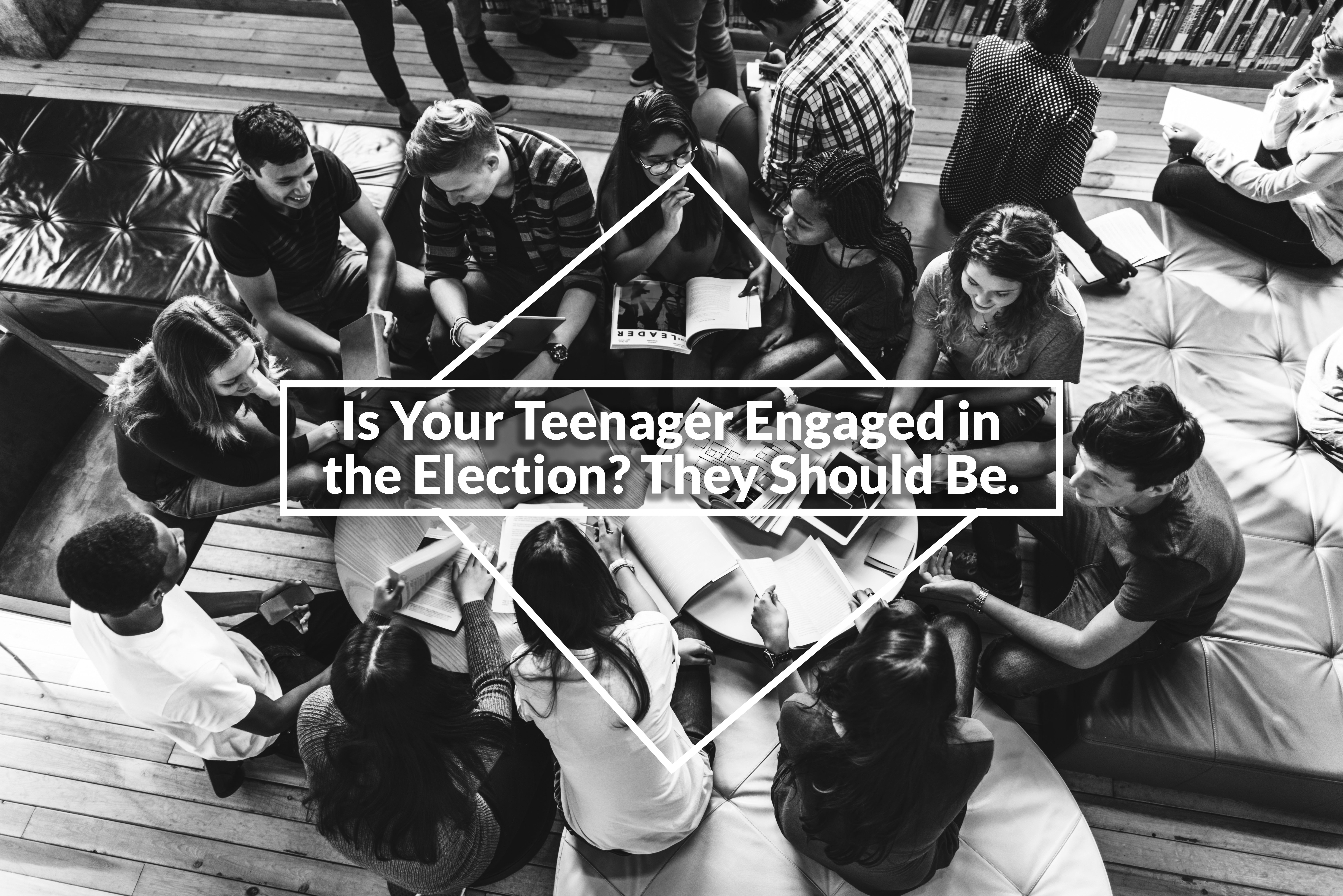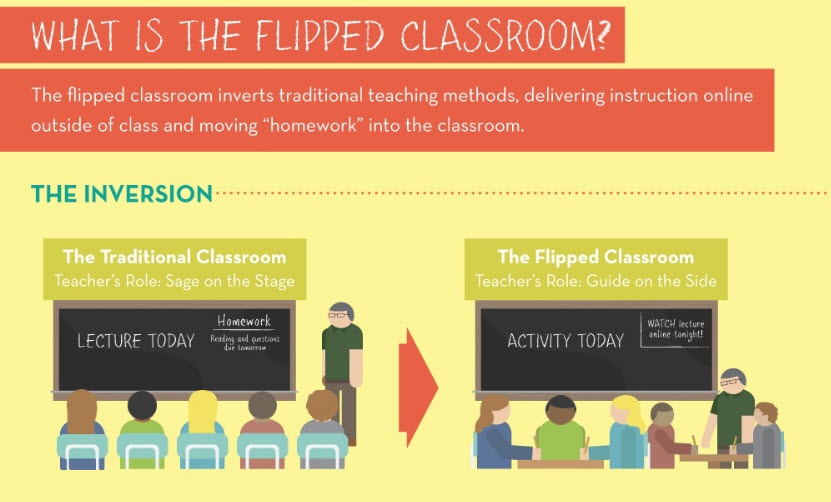With warm weather on the horizon, the popping sound of pickleballs will soon return to our neighborhoods. As an avid fan of pickleball and skills-based learning, I often think about the life skills acquired in pickleball. Combine this with my position as a history teacher, and my mind wanders to the question, can pickleball save democracy? I know it sounds like a stretch but stick with me on this for a bit.
Nicole Johnston
Recent Posts
The Pickleball Paradox: Saving Democracy One Serve at a Time
Topics: politiccs, history, growth mindset, diversity, equity, inclusion and justice, social justice, Community
While sitting on the beach last summer, I watched my 5-year-old goddaughter walk over to a little girl she did not know, introduce herself, and ask her to play. Two girls, who never met, becoming fast friends. They would spend the day building sandcastles, sharing snacks, and running in and out of the ocean – not thinking twice about the waves that towered over them. Most likely this is a common story experienced by many beach-goers. Insert a middle school girl into this picture, and the story line completely changes. The middle school girl will never make that initial introduction and will not run in and out of the ocean carefree. Why? Because all those initiatives we easily took when we were young, involve taking a risk. Girls’ capacity to take risks diminishes as they grow older starting around their middle school years.
Topics: all-girls, middle school, building confidence
Is Your Teenager Engaged in the Election? They Should Be.
“The right to vote is the right upon which all of our rights are leveraged – and without which none can be protected.” Benjamin Todd Jealous, former President of the National Association for the Advancement of Colored People (NAACP), spoke these words during the NAACP annual convention. Yet, as Americans, we do not tend to follow his advice. Although, we have seen some improvement in voting turnout for national elections, quite the opposite has taken place in state elections in New Jersey.
Topics: politiccs, election, high school, middle school
‘Flipped Classrooms’ Place Students at Center of Learning
“Bueller? Bueller?” This is a phrase that crosses the mind of many when they think about school. Students sitting in perfectly aligned rows either hanging on every word the teacher says or their heads down taking a quick nap. In this classroom from the movie “Ferris Bueller’s Day Off,” the teacher stands at the front of the classroom endlessly speaking in a monotonous tone about this and that.
Luckily, classrooms no longer operate in that fashion. New teaching techniques, and advances in technology, have changed the direction of classrooms. Now, “flipped classrooms” are combining that technology and a new style of teaching that placesstudents at the center of learning. Vanderbilt University defines this new type of classroom as a way for students to gain exposure to new material outside of class by reading or viewing lecture videos at home, and using class time for more in-depth knowledge exercises, through problem-solving, discussion or debates.Flipped classrooms are changing and enhancing student comprehension by allowing for student ownership of learning, student-directed learning, as well as easier access to content for both students and parents.
Topics: flipped classrooms,, teaching, education







